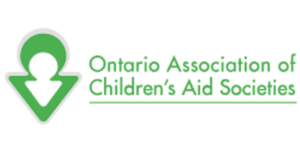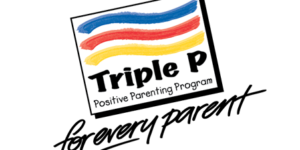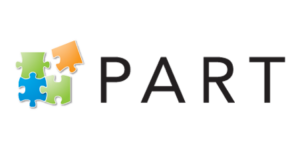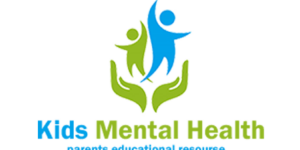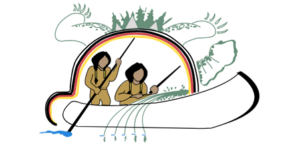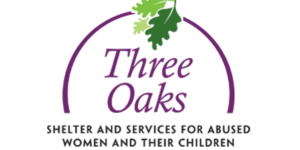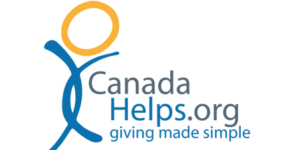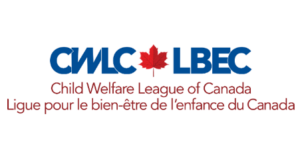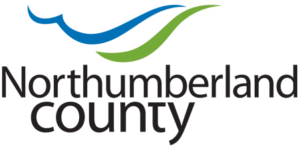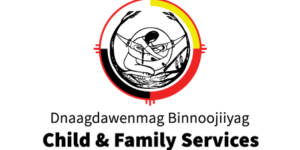“Let us find a way to belong to this time and place together. Our future and the well-being of all our child rests with the kind of relationships we build today.”
Chief Dr. Robert Joseph, O.B.C.
Ambassador Reconciliation Canada
As we recognize National Aboriginal Day on June 21st, these words by Chief Dr. Robert Joseph, an Ambassador with Reconciliation Canada, remind us that only by continuing to build relationships, can we move forward on the path of reconciliation. Former Governor General Roméo LeBlanc declared June 21st as National Aboriginal Day in 1996.
It is a path that is not always straight or easy. Helping to guide us along the way are the Calls to Action released by the Truth and Reconciliation Commission in December of 2015 and the decision made in January of 2016 by the Canadian Human Rights Tribunal in favour of First Nations Child Welfare and the endorsement of Jordan’s Principle. The Tribunal ruled in favour of the plaintiffs, the First Nations Caring Society finding that First Nations children were being discriminated against and that funding for child welfare services provided to First Nations children and families on-reserve has been inadequate and inequitable. Jordan's Principle is a child first principle used in Canada to resolve jurisdictional disputes within, and between governments, regarding payment for government services provided to First Nations children. The Tribunal endorsed Jordan’s Principle and called for immediate relief to be dispersed to both First Nations Child Welfare on-Reserve programs and Jordan’s Principle.
This year steps have been, or are being taken, in the field of child welfare to support several recommendations outlined by the Truth and Reconciliation Commission. These include continued commitment from local agencies to implement strategies from an agreed upon Reconciliation Framework, participation in a provincial acknowledgement and apology to Indigenous people, continued engagement of Indigenous youth and the development of three child welfare performance indicators related to Indigenous services and ongoing advocacy.
The new Child, Youth and Family Services Act, which was recently passed by the Ontario legislature is another step forward along this path. The Act acknowledges that systemic racism and colonialism have played a role in the child welfare system for Indigenous people. As a result, one of the key goals of the Act is to make services more inclusive and culturally appropriate for all children, youth, and families.
At the local level Highland Shores Children’s Aid is privileged to have collaborative working relationships with both the Mohawks of the Bay of Quinte, which includes a Memorandum of Understanding, and Alderville First Nation which includes a protocol. We are also honoured to have appointees to the Society’s Aboriginal Advisory Committee from both these communities. Our work with these partners includes, listening to one another, focusing on strengthening families and above all working collaboratively to meet the needs of children. Despite historical and current challenges we are celebrating the progress that has been made locally to date and our plans to continue to move forward in the future. The goal is to achieve together, an inclusive circle of care that keeps children safe and families supported. We have a long way to go, but are confident we are on the right path and are making progress.
Another important step in the reconciliation process and a priority of the Truth and Reconciliation Commission is the restoration of jurisdiction for the provision of child welfare services. As recently as April of this year, Nogdawindamin Family and Community Services assumed responsibility as the recognized child welfare authority for seven Lake Huron North Shore First Nations.
Over the past several years Dnaagdawenmag Binnoojiiyag Child and Family Services (DBCFS) has also been moving through the designation process to become a mandated Child Welfare authority. When designation is achieved it will mean that all child welfare services for Indigenous families in the counties of Hastings, Northumberland and Prince Edward, with the exception of members of the Mohawks of the Bay of Quinte, will be serviced by DBCFS, in consultation with their Indigenous communities.
We welcome the changes that are taking place in the field of child welfare. We view them as opportunities to strengthen existing relationships and build new ones as we collaborate with Indigenous partners to better the health and well-being of all children in this province.


